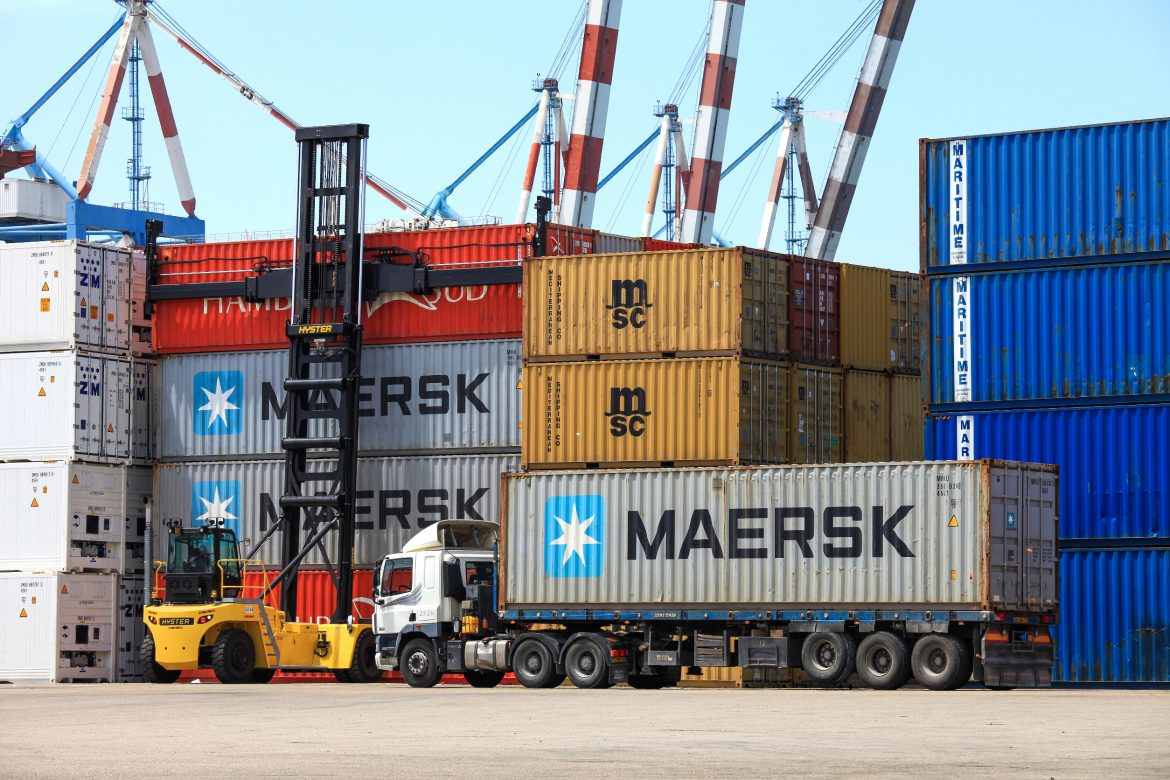Maersk CEO Vincent Clerc has addressed concerns over a potential US recession, citing robust freight demand as evidence of economic stability.
Despite recent fears of an economic slowdown, exacerbated by weaker-than-expected jobs data, Clerc remains optimistic about the US economy’s resilience.
His comments come at a crucial time, as container demand is often viewed as a barometer of broader economic health.
Clerc emphasized that while US inventories are higher compared to the beginning of 2024, they are not at levels that would signal a significant economic downturn.
According to Clerc, the current freight demand reflects ongoing consumer confidence and a steady economic environment.
This resilience is particularly noteworthy given that container demand is frequently used to gauge macroeconomic strength.
Maersk’s Q2 financial results
Maersk’s second-quarter financial results reveal a mixed picture.
The company reported a year-over-year decline in profit and revenue, partly due to increased costs from Red Sea diversions.
Despite these challenges, Clerc remains hopeful, attributing the sustained freight demand to strong Chinese export activity.
The shipping giant reported an EBIT margin of 5.6% for Q2, a significant improvement from the -2.0% margin in the previous quarter.
However, this was not enough to prevent a decline in Maersk’s stock price on Wednesday.
The company’s free cash flow also decreased to $397 million in Q2, although Maersk raised its full-year guidance for free cash flow from $1.0 billion to $2.0 billion.
The firm anticipates global container market growth of up to 6.0% for the year.
Contrasting views on economic indicators
Maersk’s optimistic outlook on shipping demand contrasts with a recent report from Container xChange.
The leasing platform’s data suggests that demand is lagging behind inventories, potentially indicating future challenges for retailers and container traders.
This perspective aligns with data from the US Census Bureau, which showed a 5.33% increase in US retail trade inventories to $793.86 billion in May compared to the previous year.
Despite the differing views on economic indicators, Maersk’s strong performance in container volumes and adjusted financial forecasts suggest a positive outlook for the shipping industry.
Clerc’s confidence in the US market’s resilience reflects a broader belief that current consumption levels will sustain demand for freight services.
The post Maersk CEO dismisses US recession fears, cites strong freight demand despite weaker Q2 financials appeared first on Invezz
